The theme of human agency in relation to taboos emerges across several of the works in the Independent Theater Hungary’s Roma Heroes International Theatre Festival. Since 2017, Independent Theater Hungary has been organizing this festival, which is the European Union’s only international Roma theatre festival, every year. Independent Theater Hungary invites Roma companies and artists from many European countries to contribute. The Roma community is Europe’s largest ethnic minority, with an estimate of ten to twelve million Roma across the continent. The European Fundamental Rights Agency (FRA) suggest that the Roma are still being deprived of their basic human rights in Europe. With this backdrop, a central goal of the Roma Heroes International Theatre Festival is to draw attention to the situation of Roma communities, focusing on the challenges of people and dramatic heroes.
The Roma Heroes International Theatre Festival has curated a series of plays that brings out the superpowers of each of the individuals who contributed to the works included in the festival. I had the privilege of interviewing various festival artists, directors, dramaturgs, actors, and playwrights. Through these interviews, I gleaned that central characters in the plays were often reflecting on their social realities, and many overcame adversity. In the works there was always a certain vulnerability that was transformed into a positive outcome. As I prepared for each interview, watched the plays, and discussed them with their creators, it became clear to me that risk-taking and the resilience of the individual are transformational. It was also clear that theatre plays an important role in exploring these aspects.
There is a tension that often emerges between “traditional” and “‘modern” concepts of what a Roma person might look like and how they should act.
The bravery of each of the individuals involved in the festival left me reflecting on “taboo” topics in some of their work. Several of the actors, playwrights, directors and dramaturgs drew on the lives of local Roma populations in their countries and communities. The artistic teams created characters and scenarios that went against the grain or were challenging traditions and expectations from parents, their community, or even society. The interviews also revealed that there is a tension that often emerges between “traditional” and “‘modern” concepts of what a Roma person might look like and how they should act. Many of the artistic teams wanted to honor the voices from their communities and not dictate or place expectations on the final theatrical outcome. In several interviews, there is also a celebration of the fact that the Roma families can choose and have the right to follow traditions that feel suitable to them. To venture into unknown or perhaps contested territories despite notions of “appropriateness” or “taboos” takes real courage, and the creatives involved in the Roma Heroes International Theatre Festival faced these issues in a respectful manner. In doing so, they exhibited a bravery akin to modern-day superheroes.


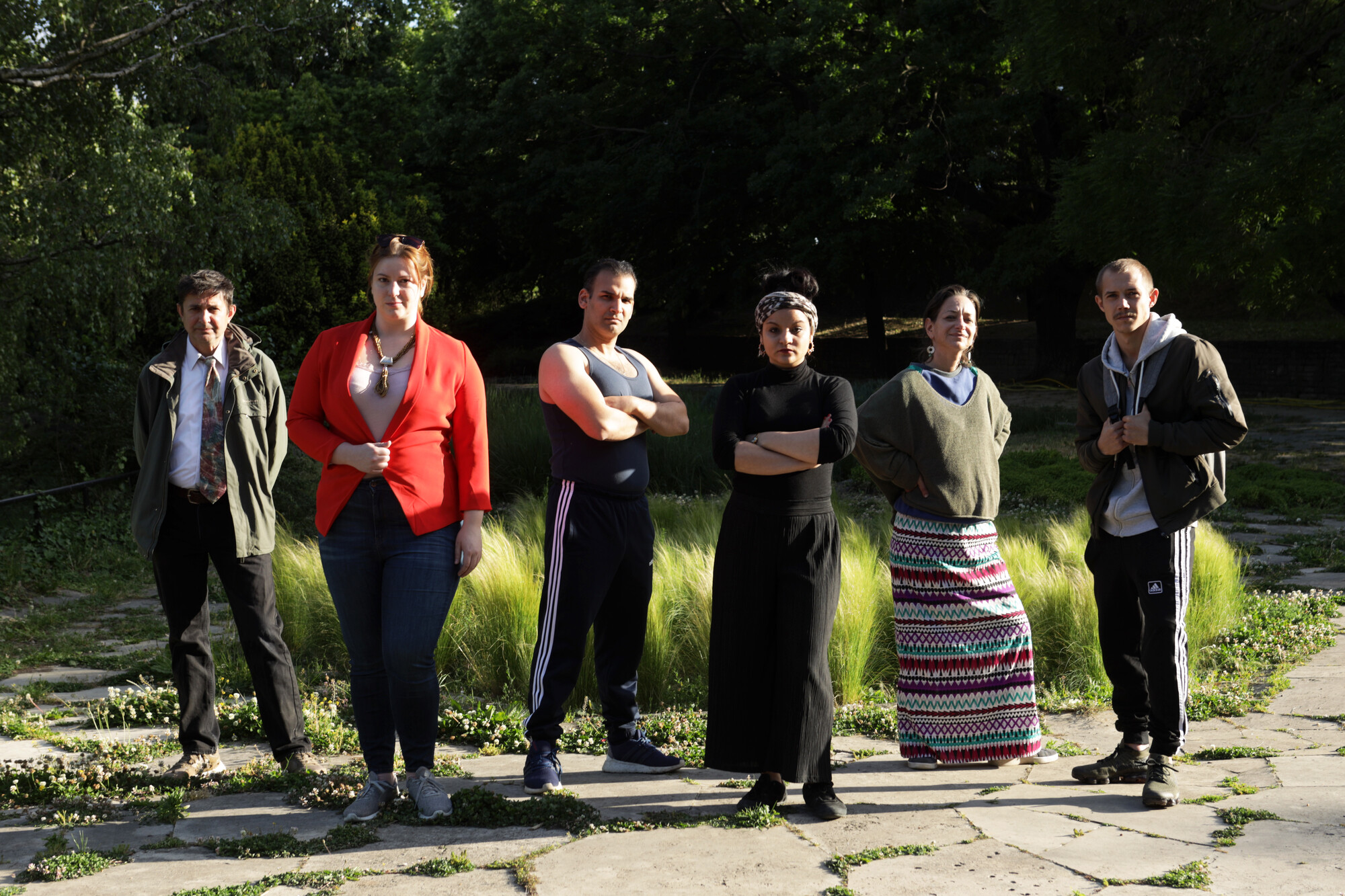
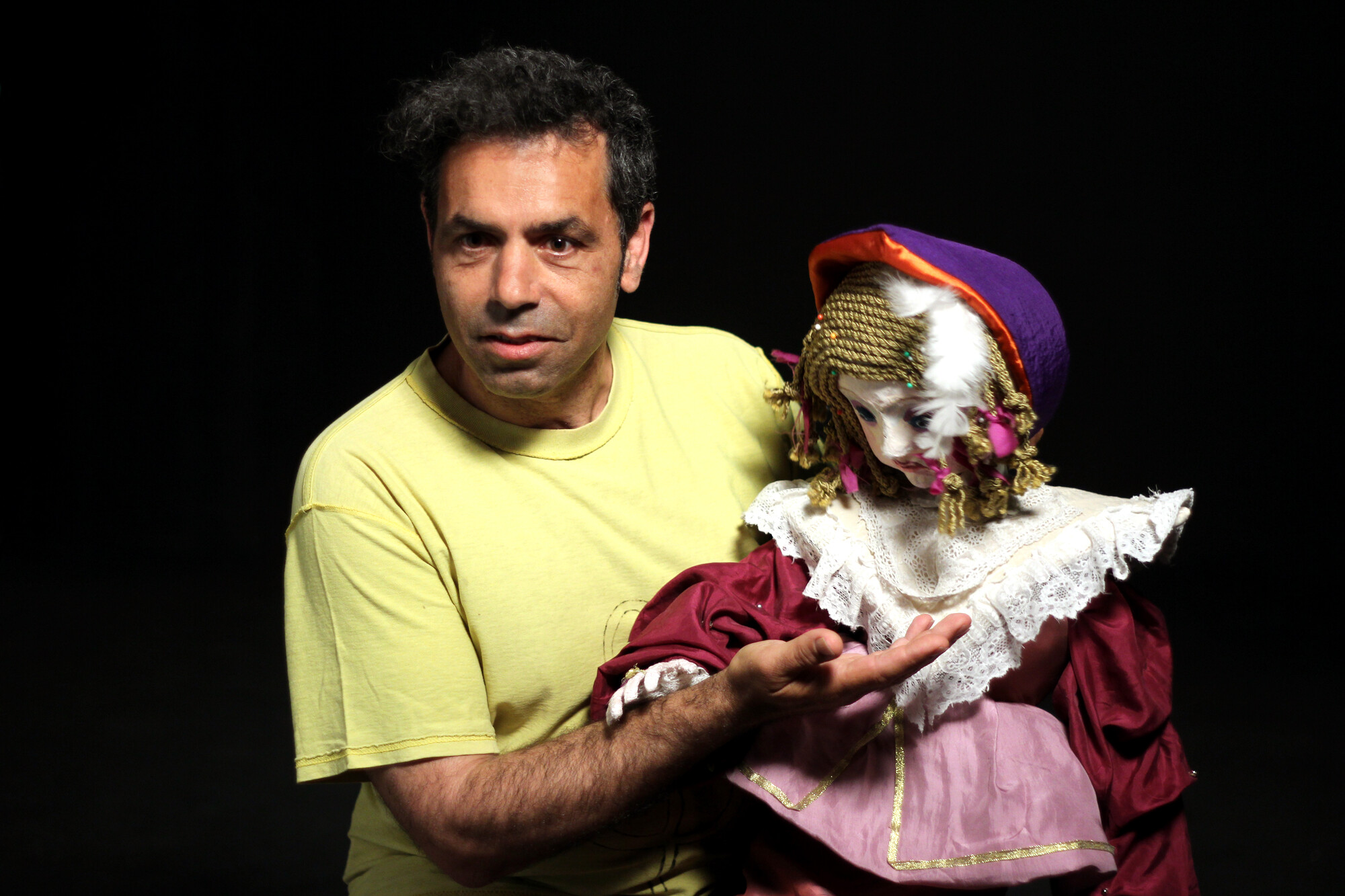
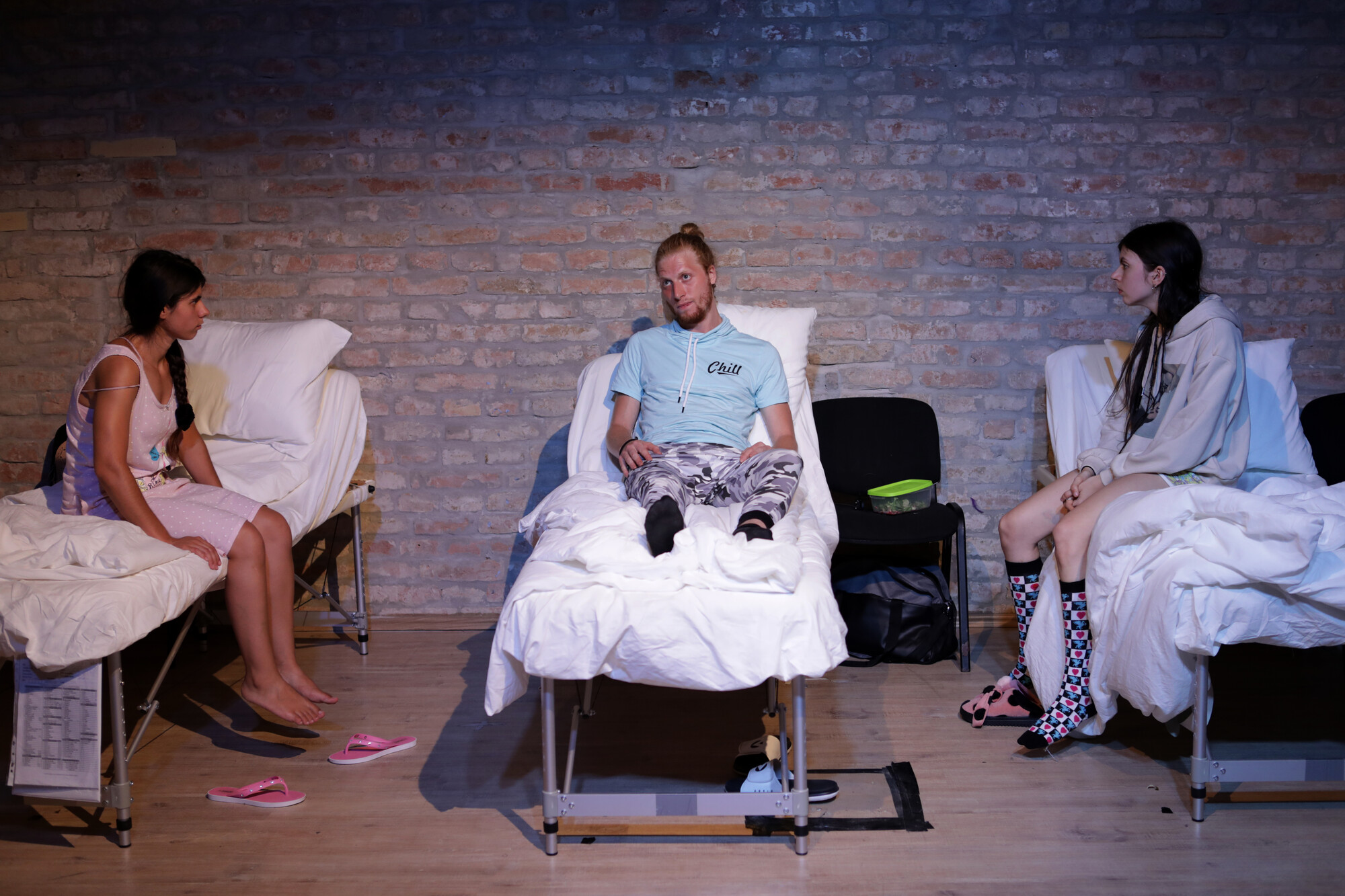
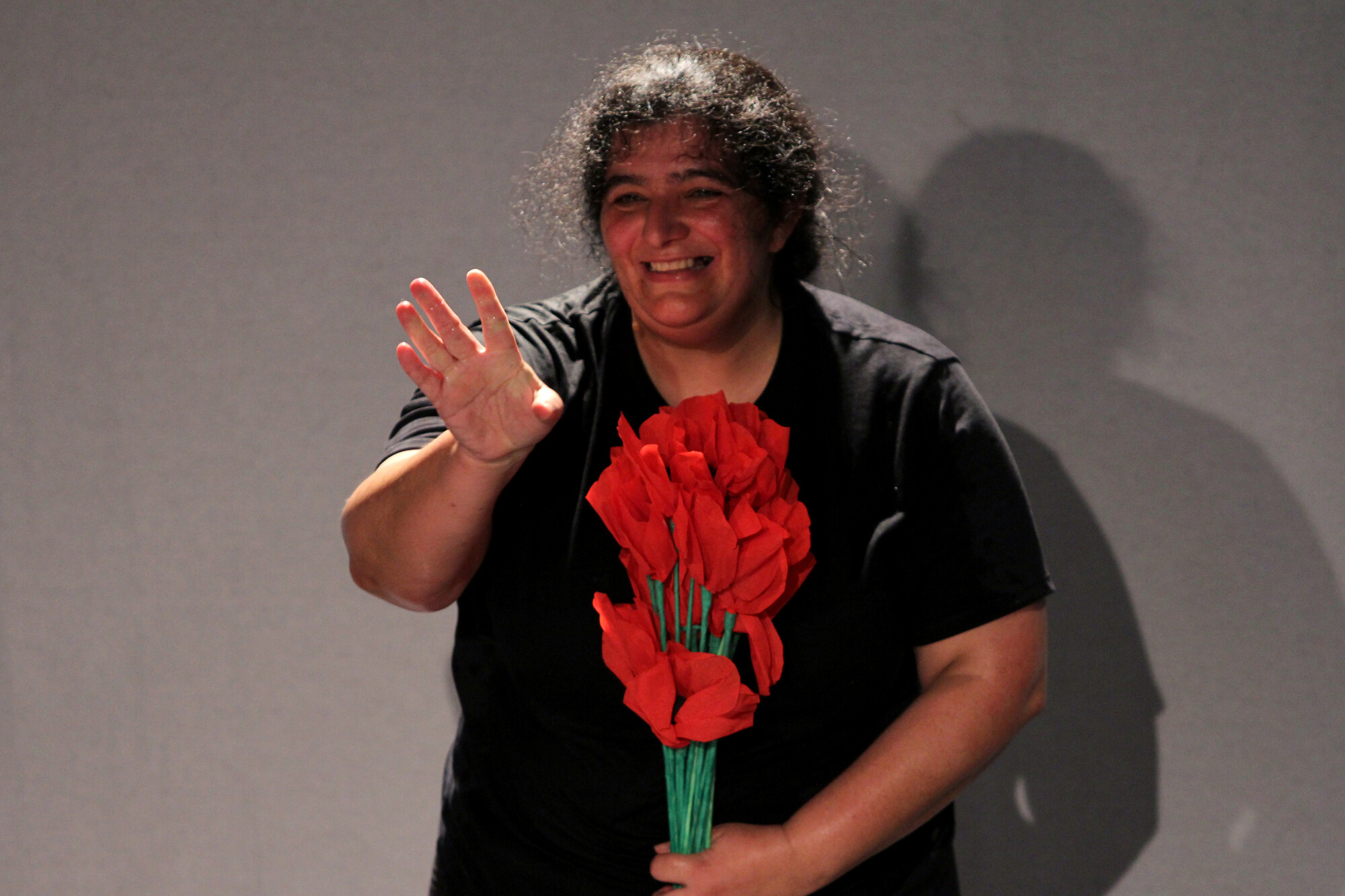
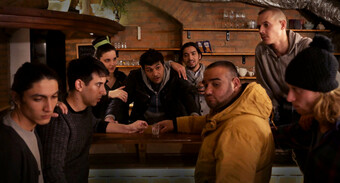

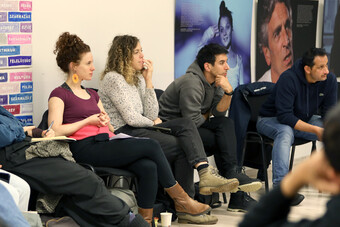


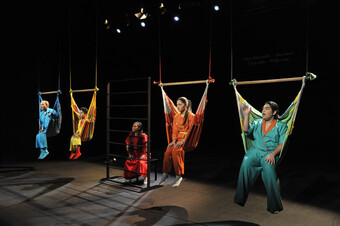

Comments
The article is just the start of the conversation—we want to know what you think about this subject, too! HowlRound is a space for knowledge-sharing, and we welcome spirited, thoughtful, and on-topic dialogue. Find our full comments policy here